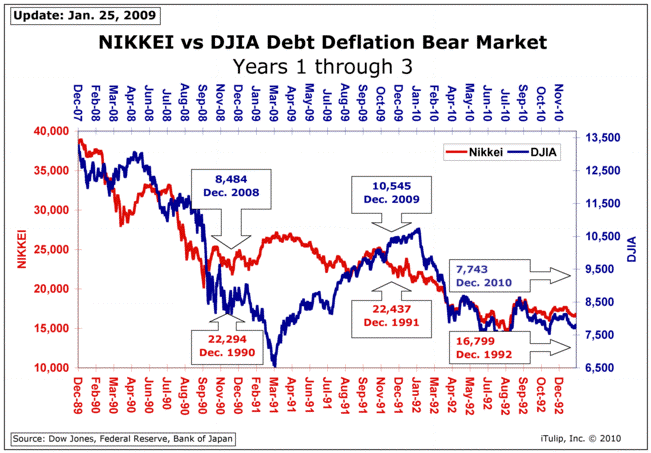Re: Markets to tank Monday?
Yeah, at this rate the US markets will probably be flat.
Perhaps the new strategy is that the Fed is going to hold the line with negative real rates while Obama starts to cut spending / increase taxes.
Originally posted by dcarrigg
View Post
Perhaps the new strategy is that the Fed is going to hold the line with negative real rates while Obama starts to cut spending / increase taxes.



Comment